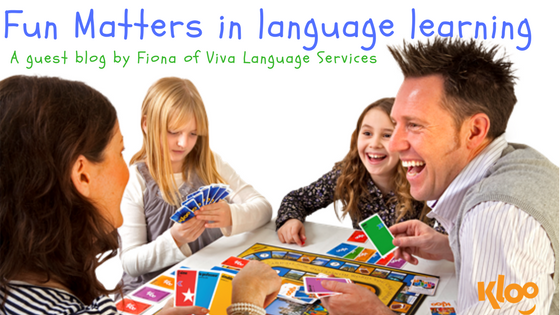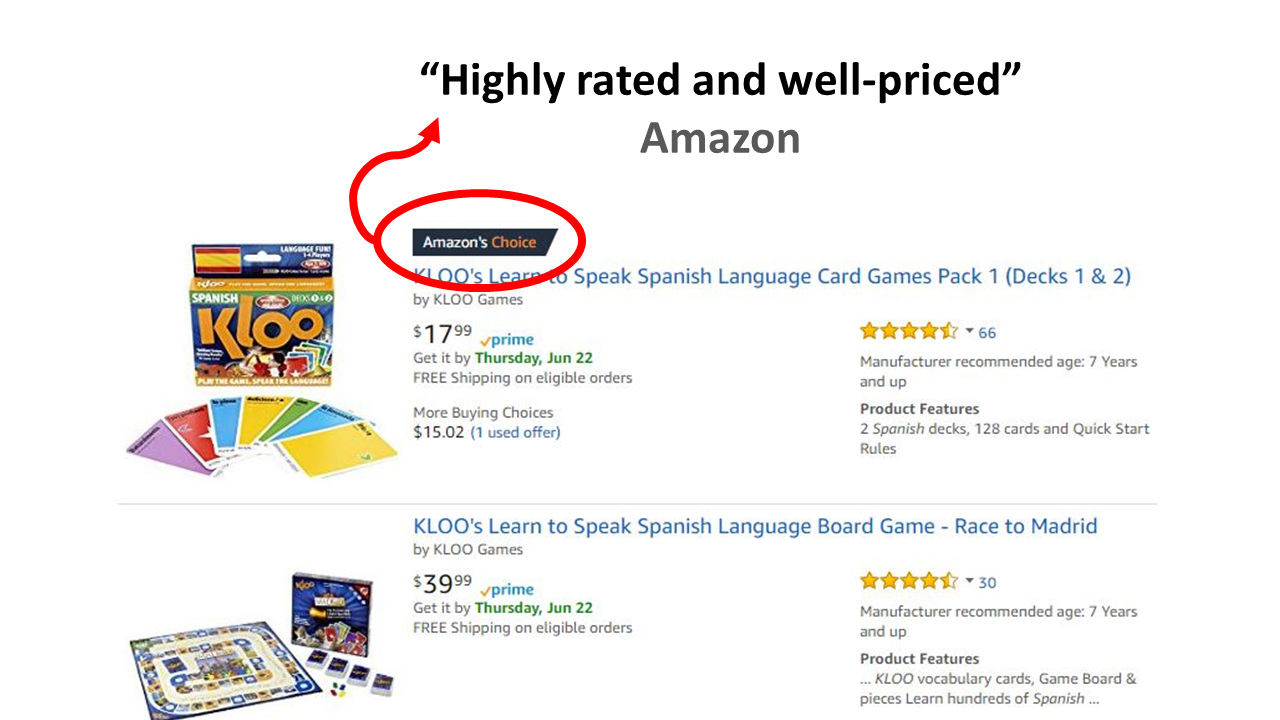Foreign Language Learning Tips
You’re not a parrot. So don’t learn a foreign language like one!
Independent research has shown that some, much used learning methods, are totally inefficient ways to learn a foreign language.
The main practice to be placed in the naughty corner is learning by rote (this includes vocabulary lists, phrasebooks and repetition exercises). Dr. H. Douglas Brown in his excellent book “Principles of Language Learning and Teaching” states that if you learn using such products and methods you are likely to suffer from “Systematic Forgetting” – a frightening thought roughly means “in one ear and out the other”. There are strong scientific reasons for this phenomenon.
Rote learning involves the mental storage of information that is random and unconnected with other bits of information. Its insular nature means it is unlikely to be retained – a bit like someone asking you to remember a random telephone number while they dial it. You hold on to the information to complete the task in hand. Within minutes, however, the information has been forgotten.
On the other hand meaningful interaction is the best possible way to learn a foreign language. This means talking a foreign language with another person. That other person does not have to be fluent. They can be friend, member of the family or colleague who wants to learn the language too.
Meaningful learning means connecting new information with information that is already known. This creates what is called a cognitive structure – in essence the new information is “hooked” in by the known information. And the more hooks there are, the more “anchored” the new information becomes. Dr Brown says that this theory “provides a strong theoretical basis for the rejection of conditioning models of practice and repetition in language teaching. In a meaningful process like second language learning, mindless repetition, imitation and other rote practices in the language classroom have no place.”
He goes on to expand the point: “Too many languages are filled with rote and practice that centres on surface forms. Most cognitive psychologists agree that the frequency of stimuli and the number of times spent practicing a form are not highly important in learning an item. What is important is meaningfulness. It appears that contextualized, appropriate, meaningful communication in the second language seems to be the best possible practice the second language learner could engage in”
Dr H. Douglas Brown is a professor of MA-TESOL at San Francisco State University and has written many books, articles and textbooks on language teaching.
KLOO is an award winning MFL resource in French and Spanish and a proven way to build vocabulary and make sentences in a foreign language
Related articles
- The key to learning a language is context (languagepie.wordpress.com)








Leave A Comment